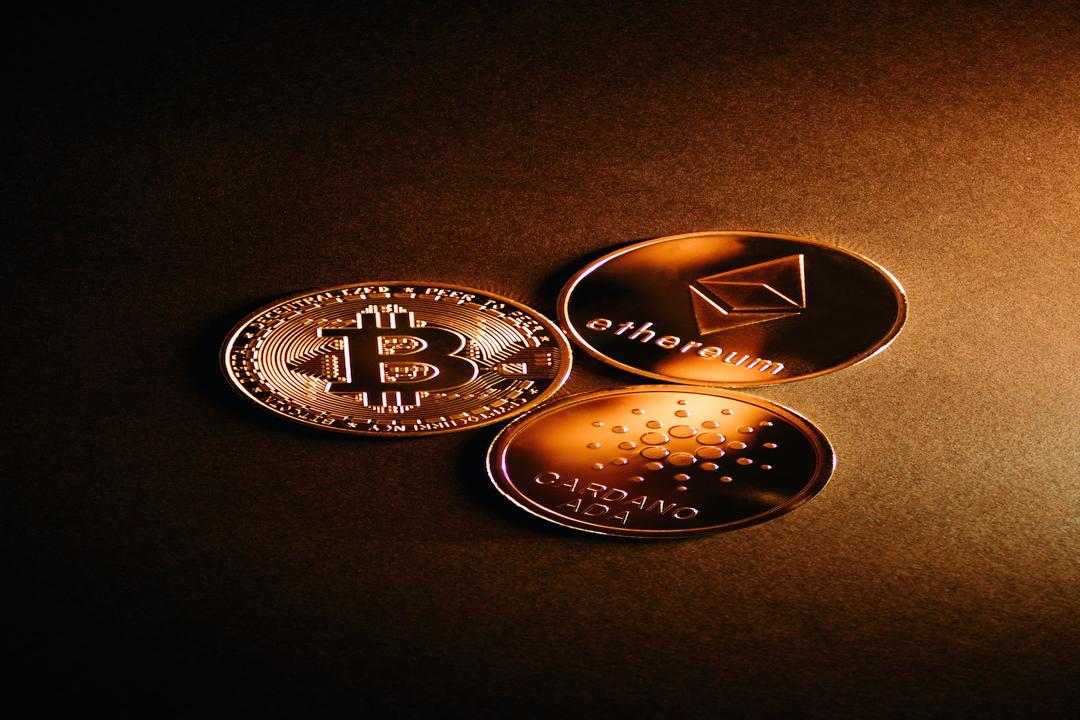Tokenized exchange-traded funds (ETFs) are poised to revolutionize investment strategies as financial markets evolve. The recent approval of Ethereum ETFs by the United States Securities and Exchange Commission (SEC) and regulators in Hong Kong has garnered attention. However, according to Kenneth Kumor, the real game-changer will be bringing ETFs onchain, as it will provide global access to blue-chip assets like S&P 500 index funds through existing blockchain infrastructure.
Kenneth Kumor, who leads the product team at DLTPAY, specializing in payment systems and asset management, believes that onchain ETFs open up new opportunities for investors. He points to successful projects like OpenEden and tokenized gold by HSBC, as indicators of the potential for growth in this area.
In an interview, Kenneth Kumor discusses the state of onchain ETFs, the impact of digital assets on investment, and the future of the market.
Kenneth Kumor explains that the integration of ETFs and decentralized finance (DeFi) is a notable trend in the ETF market. He highlights the democratization of investment opportunities and the rise of thematic ETFs that cater to specific sectors or trends as significant innovations. He emphasizes that ETFs play a crucial role in modern investment strategies due to their low costs, ease of trading, and instant diversification.
Regarding the possibility of moving regulated ETFs onto public blockchain technology, Kenneth Kumor sees it as a way to enhance liquidity, reduce trade settlement times, and broaden the pool of liquidity. He believes that tokenized ETFs can democratize investment opportunities and integrate individuals into the global economy in an unprecedented way.
Stablecoins, according to Kenneth Kumor, will play a crucial role in the future of asset management and tokenized ETFs by providing reliable and stable transaction and settlement methods. He believes that they will enhance the versatility of stablecoins and drive the future of asset management.
In terms of regulatory compliance and security concerns, Kenneth Kumor emphasizes the importance of clear guidelines and investor protection. He sees upcoming regulations in the EU as a positive development and believes that the first onchain ETF product from leading investment management firms will drive growth in the industry.
Kenneth Kumor also discusses the potential of tokenized ETFs to contribute to sustainable initiatives like the transition to renewable energy. He believes that they can redirect capital to high-impact initiatives and support groundbreaking technologies that address critical societal challenges.
In conclusion, Kenneth Kumor’s insights shed light on the transformative potential of tokenized ETFs and their role in shaping the future of investment strategies. While the future of investment is evolving, it’s clear that tokenized ETFs are set to play a significant role in this transformation.

